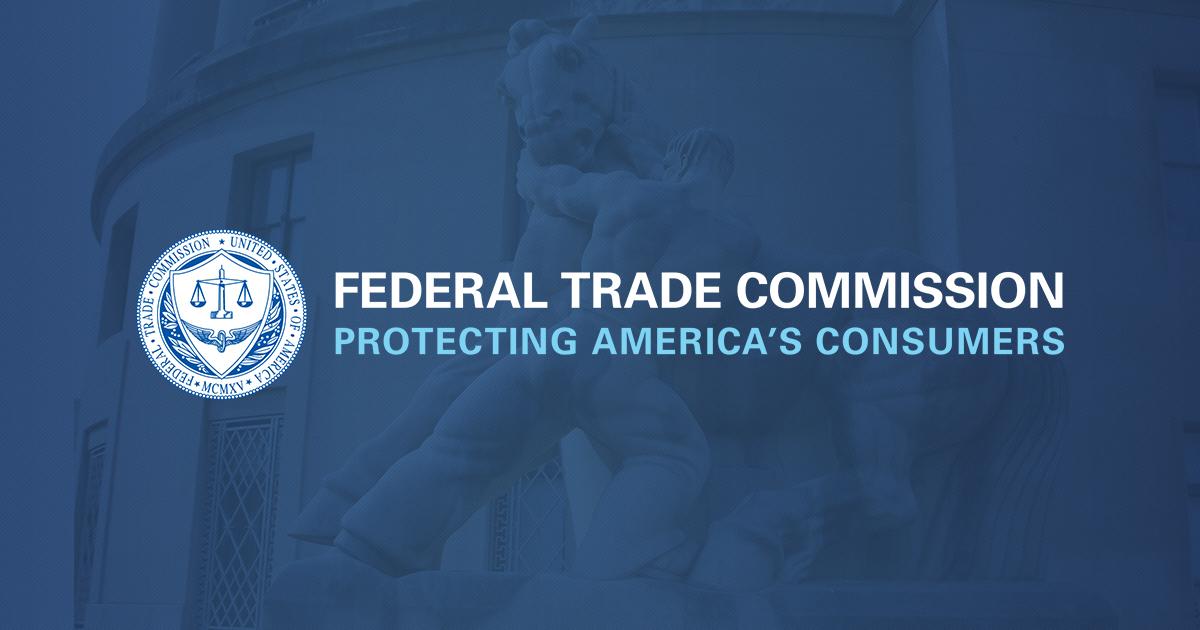The loan-servicing arm of Texas-based auto dealer Tricolor Auto Group will pay $82,777 in civil penalties as part of a settlement to address Federal Trade Commission charges that it failed to have written policies and procedures regarding the accuracy of reported credit information, and failed to properly investigate disputed consumer credit information.
“An inaccurate credit report can have a huge impact on consumers’ ability to make purchases, be hired and more,” said Jessica Rich, Director of the FTC’s Bureau of Consumer Protection. “This case makes it clear that businesses must take the proper steps to make sure the information they provide to credit bureaus is accurate.”
The FTC’s complaint alleges that the company’s loan-servicing group, Tricolor Auto Acceptance, LLC (TAA), violated the Furnisher Rule, which was implemented under the Fair Credit Reporting Act. The Rule requires companies that report information about consumers to consumer reporting agencies (CRAs) to maintain policies and procedures designed to ensure that the information they report to CRAs is accurate and to allow consumers to dispute information they believe is inaccurate directly with the company that furnished the information.
While TAA provides information on thousands of consumers to one CRA, the FTC’s complaint alleges that TAA had no written policies or procedures addressing how to ensure the accuracy of that information. The complaint further alleges that when consumers disputed the accuracy of the information provided by TAA to the CRA, TAA referred them back to the CRA instead of conducting an investigation as required under the Furnisher Rule.
In addition to the civil penalty, under the terms of the settlement, TAA will be permanently barred from any further violations of the Furnisher Rule.
The FTC provides extensive information for consumers about credit reporting and how to dispute potentially inaccurate information.
The Commission vote to authorize staff to refer the complaint to the Department of Justice, and to approve the proposed stipulated final judgment and order, was 5-0. The DOJ filed the complaint and proposed judgment and order on behalf of the Commission in U.S. District Court for the Northern District of Texas on Sept. 15, 2015. The proposed judgement and order is subject to court approval.
NOTE: The Commission authorizes the filing of a complaint when it has “reason to believe” that the law has been or is being violated, and it appears to the Commission that a proceeding is in the public interest. Stipulated final judgments and orders have the force of law when signed by the District Court judge.
The Federal Trade Commission works for consumers to prevent fraudulent, deceptive, and unfair business practices and to provide information to help spot, stop, and avoid them. To file a complaint in English or Spanish, visit the FTC’s online Complaint Assistant or call 1-877-FTC-HELP (1-877-382-4357). The FTC enters complaints into Consumer Sentinel, a secure, online database available to more than 2,000 civil and criminal law enforcement agencies in the U.S. and abroad. The FTC’s website provides free information on a variety of consumer topics. Like the FTC on Facebook, follow us on Twitter, and subscribe to press releases for the latest FTC news and resources.

